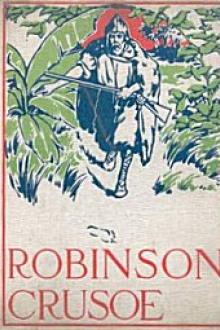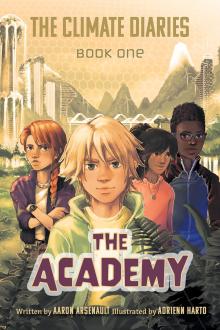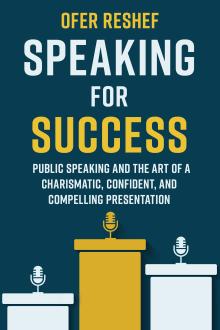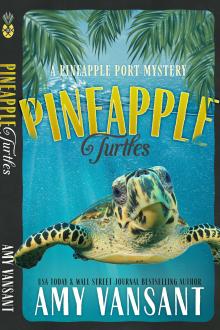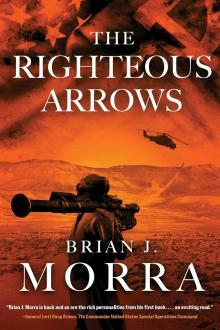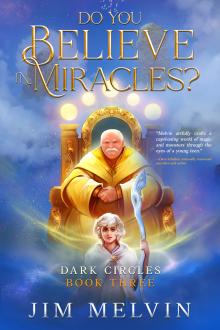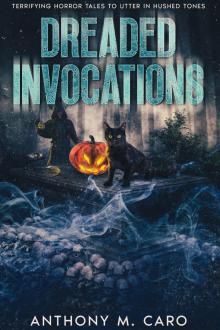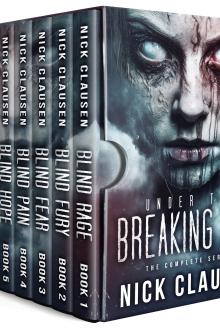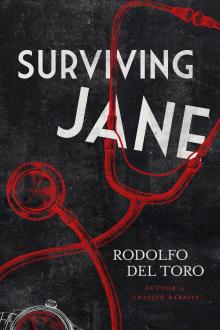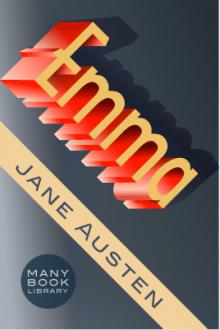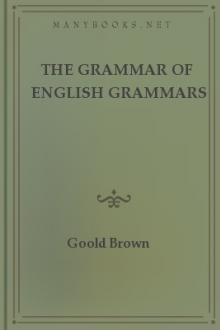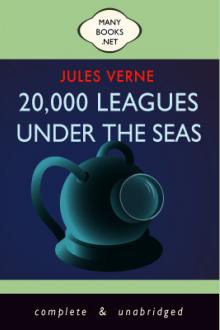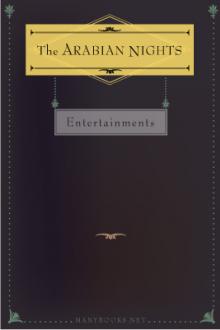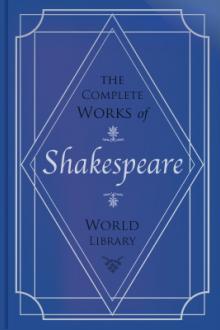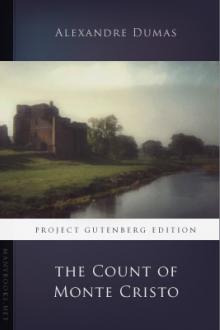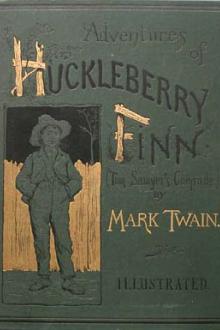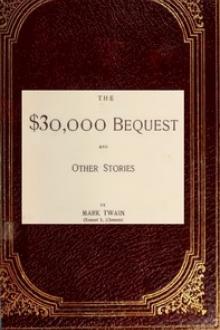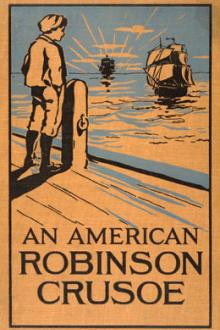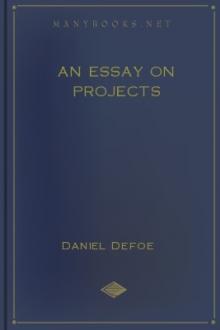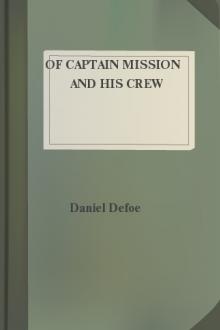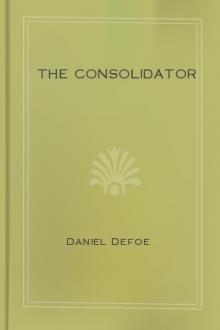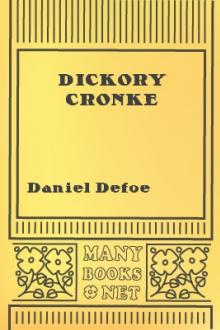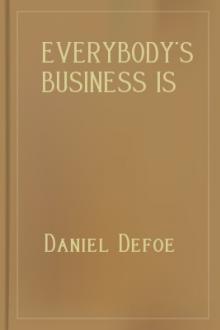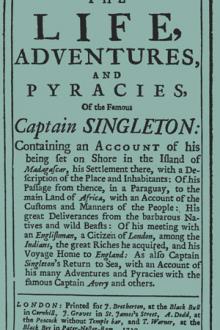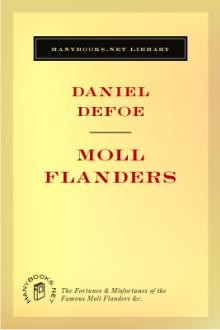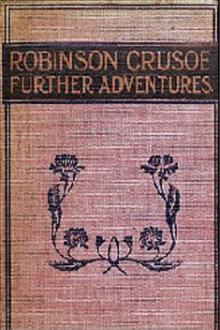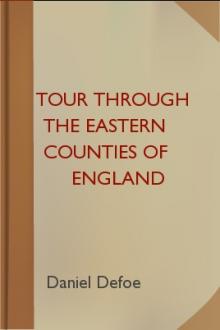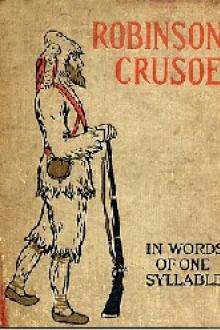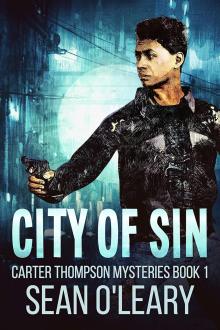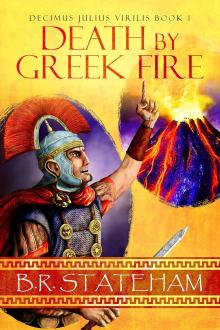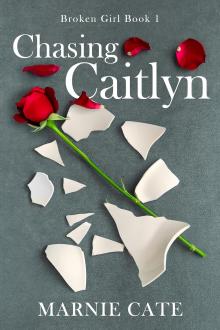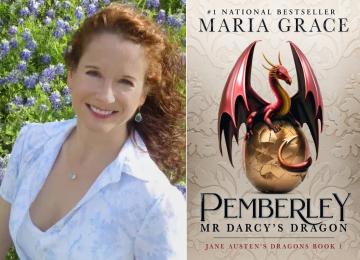Robinson Crusoe
Robinson Crusoe
Sometimes considered to be the first novel in English, this book is a fictional autobiography of a castaway who spends 28 years on a remote tropical island near Venezuela.
Book Excerpt
is foolish step, God would not bless me, and I should have leisure hereafter to reflect upon having neglected his counsel when there might be none to assist in my recovery.
I observed in this last part of his discourse, which was truly prophetic, though I suppose my father did not know it to be so himself - I say, I observed the tears run down his face very plentifully, especially when he spoke of my brother who was killed: and that when he spoke of my having leisure to repent, and none to assist me, he was so moved that he broke off the discourse, and told me his heart was so full he could say no more to me.
I was sincerely affected with this discourse, and, indeed, who could be otherwise? and I resolved not to think of going abroad any more, but to settle at home according to my father's desire. But alas! a few days wore it all off; and, in short, to prevent any of my father's further importunities, in a few weeks after I resolved to run quite away from him. However, I did not act quite so has
FREE EBOOKS AND DEALS
(view all)Popular books in Adventure, Fiction and Literature, Nautical
Readers reviews
4.1
LoginSign up
Great book
- Upvote (0)
- Downvote (0)
I downloaded the book which is quite commendable as the site is user friendly... But I need to get a teacher in Finnish language to comprehend this...why???
01/15/2019
you can get more free book her
www.bookgar.me
www.bookgar.me
11/06/2018
I really enjoyed reading this story .
It is one that you can't stop until you finish it .
It is one that you can't stop until you finish it .
11/08/2015
The movie versions do not do the book Justice. They never spoke of his enslavement and his plantation in Brazil. Or the fact that the ship that got shipwrecked was a slaver ship. This is a great novel for anyone to read. I recommend it to everyone.
04/10/2012
“Robinson Crusoe” has been called by some the earliest English novel per se. Somehow in the course of the centuries it has become the stuff of children’s stories and movie adaptations (generally bad, although it has inspired some good ones, like “Castaway”).
All this obscures the fact that “RC” is in and of itself a really excellent book. It is no coincidence that one of (if not the) greatest current writer of English, JM Coetzee, wrote “Foe,” putting himself into the mind of Defoe. For this earliest of novels is still one of the best.
The plot of “RC” is simple and its broad outlines are known by all: Robinson Crusoe is shipwrecked on an island; much adventure ensues.
Robinson struggles with his environment and himself, and comes out a better man. This is, I think, generally recognized. There are goats there on the island, and he eats them. Everyone knows that properly prepared goat is tasty, so again: no news flash.
What gets less attention is the dark paranoia that drives much of the action of the book. Robinson spends much of his time imagining and preparing for violent eventualities that in the end he encounters only because he brought them on himself.
The other thing that struck me as I read this book for what must have been the fifth time is how profoundly religious it is. Not just because Robinson talks about God all the time. That is believable (after all, Evelyn Waugh in his travel book “Ninety-Two Days” wrote about tendency of men who live alone to obsess on theological topics), but just the first step.
What “RC” gives us is a profoundly Protestant view of salvation: A man—a sinner, and a willful one at that—is left alone with the Bible, discovers within himself the forgotten seeds of Protestant (Defoe is explicit about that) Christianity, reconciles himself with God, and proceeds to convert the unbeliever. Whatever one thinks of this as an ideology, I think Defoe’s incorporation of it into his story was brilliant. The whole thing is a Protestant morality tale, and is probably the only such tale I've encountered that possesses literary value.
Come to think of it, maybe the two elements—paranoia and religion—are actually linked: Schreber’s depiction of his schizophrenia in “Memoirs of My Nervous Illness,” too, reflects perhaps not dissimilar obsessions (though rather differently formulated, of course).
Anyway. “RC” being a work of its time, one must also note the absence of women characters, except for Robinson’s mother, and of course the pervasive sense of racial superiority that characterizes all depictions of non-Europeans. And also, I think, as a result of its age, the language of the book is sometimes not euphonous to the modern ear; the syntax sometimes rather more tortured than clear.
But the book remains a resounding success, and is well worth reading.
All this obscures the fact that “RC” is in and of itself a really excellent book. It is no coincidence that one of (if not the) greatest current writer of English, JM Coetzee, wrote “Foe,” putting himself into the mind of Defoe. For this earliest of novels is still one of the best.
The plot of “RC” is simple and its broad outlines are known by all: Robinson Crusoe is shipwrecked on an island; much adventure ensues.
Robinson struggles with his environment and himself, and comes out a better man. This is, I think, generally recognized. There are goats there on the island, and he eats them. Everyone knows that properly prepared goat is tasty, so again: no news flash.
What gets less attention is the dark paranoia that drives much of the action of the book. Robinson spends much of his time imagining and preparing for violent eventualities that in the end he encounters only because he brought them on himself.
The other thing that struck me as I read this book for what must have been the fifth time is how profoundly religious it is. Not just because Robinson talks about God all the time. That is believable (after all, Evelyn Waugh in his travel book “Ninety-Two Days” wrote about tendency of men who live alone to obsess on theological topics), but just the first step.
What “RC” gives us is a profoundly Protestant view of salvation: A man—a sinner, and a willful one at that—is left alone with the Bible, discovers within himself the forgotten seeds of Protestant (Defoe is explicit about that) Christianity, reconciles himself with God, and proceeds to convert the unbeliever. Whatever one thinks of this as an ideology, I think Defoe’s incorporation of it into his story was brilliant. The whole thing is a Protestant morality tale, and is probably the only such tale I've encountered that possesses literary value.
Come to think of it, maybe the two elements—paranoia and religion—are actually linked: Schreber’s depiction of his schizophrenia in “Memoirs of My Nervous Illness,” too, reflects perhaps not dissimilar obsessions (though rather differently formulated, of course).
Anyway. “RC” being a work of its time, one must also note the absence of women characters, except for Robinson’s mother, and of course the pervasive sense of racial superiority that characterizes all depictions of non-Europeans. And also, I think, as a result of its age, the language of the book is sometimes not euphonous to the modern ear; the syntax sometimes rather more tortured than clear.
But the book remains a resounding success, and is well worth reading.
08/18/2008
I loved this book as a kid, and I love it more as an adult, the book shows depth, and talent, every one should bring it with them, when on a ship or cruise.
05/13/2008
The story of Robinson Crusoe shows on how a man was able to continue to exist on an island unaccompanied with just only some stuff. It is also a story that discusses on how the protagonist combats the problems and found elucidations for them. It also shows about the transformation of the protagonist who come from a very entropic life to be converted into a very pious individual. What we could pick from the novel is that young people should pursue things that are feasible and are aren’t against their will so that they won’t contemplate or said to their self, “ if I only listen to.......”
03/20/2007
I never read the book before -- I was very pleasantly surprised to find it was a very interesting and engaging read! Quite a bit different than most of the movie versions I have seen. I also never realized that at the end, Robin Crusoe mentions that he had further adventures after getting OFF the island in a sequel to this novel, that I'm now downloading! Highly recommend this classic novel!
03/02/2007
